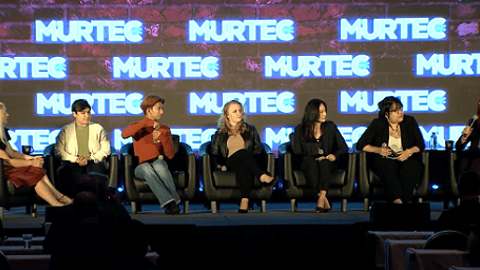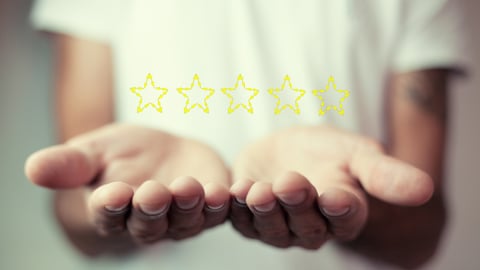The Lingering Tech Deficiency in Hospitality
The hospitality industry, particularly the restaurant sector, has traditionally been seen as lagging behind in terms of technological proficiency. This perception was confirmed in the recent 2023 Yooz Survey: Technology in the Workplace, which asked respondents to rank ten industries based on their perceived technological competence. While the software industry topped the list, the restaurant industry was ranked among the lowest, underscoring the need for hospitality businesses to invest in technology to stay competitive.
One of the key findings of the Yooz survey was that Gen Z employees believe in the power of technology to make their jobs easier. More than two-thirds of younger workers say they spend most of their work lives using workplace tech, and nearly all agree that it helps them do their jobs better. However, the survey respondents also say there are still a few barriers to overcome so that workplace technology can be used effectively.
In the hospitality industry, technology has traditionally been limited to basic functions such as point-of-sale (POS) systems and online booking platforms. However, with changing consumer demands and the need to stay competitive in a crowded marketplace, hospitality businesses are turning to technology to streamline operations, reduce costs and enhance the guest experience.
One area where technology can have a significant impact is in accounts payable (AP) automation. Traditionally, payment processing in the hospitality industry has been paper-based and involves significant manual data entry and invoice processing. These time-consuming and error-prone processes take finance teams away from higher-value tasks such as financial analysis and strategic planning. Automating AP processes can help hospitality businesses streamline their operations, reduce costs, and improve accuracy. For example, using artificial intelligence (AI) and smart data extraction, restaurants can automatically scan invoices for key information, auto-populating data fields that staff would otherwise have entered manually (or left blank). Such automation reduces tedious tasks for staff, increases accuracy of payments, and pushes approval timelines forward.
The Yooz survey found that almost 90% of respondents reported using at least one technology solution for their finance operations, with 40% using three or more. However, more than 70% of respondents in the hospitality sector have implemented or are planning to implement an automated solution for their AP processes. This indicates a clear trend toward embracing digital transformation and automation in the hospitality industry.
By automating AP processes, hospitality businesses can benefit from improved efficiency, reduced costs, and increased accuracy. For example, automated invoice processing can reduce the time and cost required for manual data entry and processing while reducing the risk of errors and late payments. Furthermore, automated AP solutions can provide real-time visibility into spending, enabling finance teams to identify cost savings and negotiate better terms with vendors.
Breaking Down Barriers
Despite the clear benefits of AP automation, the Yooz survey found that there are still barriers to technology adoption in the hospitality industry.
- Cost. With 43% of respondents indicating cost as a significant concern underscores the necessity for technology providers to offer affordable, valuable solutions for hospitality businesses.
- Lack of knowledge and expertise. With 28% of respondents indicating they did not have the necessary skills or knowledge to implement technology solutions, this highlights the importance of technology providers offering comprehensive training and support to their customers.
- Integration into existing systems and processes. This requires careful planning and coordination between technology providers and hospitality providers to ensure that the technology solution is tailored to the specific needs of the business and integrated seamlessly into its existing systems.
- Enhance guest experience without detracting from the personal touch. While technology can provide many benefits, it is essential to balance automation and personalization to ensure guests feel valued and appreciated.
To fully realize the benefits of technology in the hospitality industry, businesses must overcome barriers to adoption, including cost and lack of knowledge and expertise. By partnering with technology providers offering cost-effective solutions and comprehensive training and support, businesses can ensure they have the tools and expertise to succeed in the digital age. The Yooz survey highlights the significance of technology in areas like AP automation and guest experience enhancement. Despite challenges, businesses that strategically approach technology adoption and collaborate with the right providers can enjoy improved efficiency, reduced costs, increased accuracy, and enhanced guest experiences, ultimately staying competitive in a crowded marketplace.
About the Author
Laurent Charpentier is CEO of Yooz, leading operations and providing strategic leadership to set the overall direction of the Yooz Group worldwide. He graduated from the Massachusetts Institute of Technology (USA) and INSA Lyon. Charpentier worked as Solution Lead Architect and Lead Consultant for Accenture, and Business Analyst at Dell Inc before coming to Yooz in 2015.




